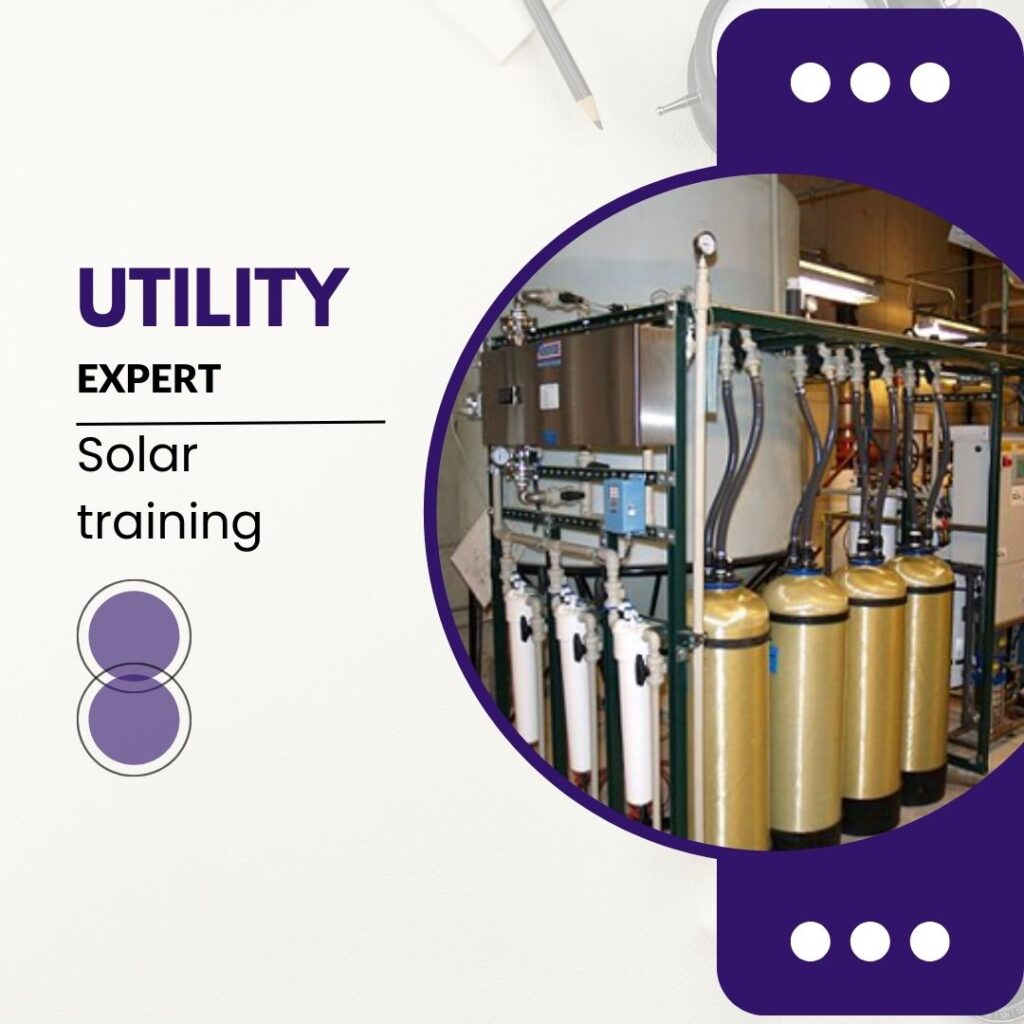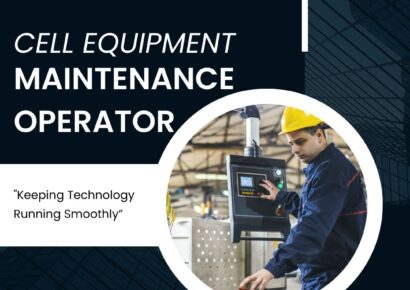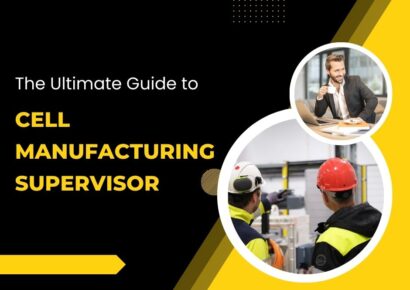Currently Empty: ₹0.00
About Course
An air compressor system is a mechanical device that compresses and pressurizes air to generate a high-pressure stream of air for various applications. It consists of a compressor unit, which draws in atmospheric air and compresses it, and a storage tank to store the pressurized air. Air compressor systems are widely used in industries for powering pneumatic tools, machinery, and equipment. They are also essential for processes like spray painting, sandblasting, and HVAC systems. Proper maintenance, including regular checks for leaks and adequate lubrication, is crucial to ensure the efficiency and longevity of an air compressor system.
Course Content
Air Compressor System
-
Air Compressor System
00:00 -
ZR & ZT 110-275 Instruction book
00:00 -
ZR & ZT 132- 315 Instruction book
00:00
Air Conditioning System
Chilled Water System
DI Water System
Waste Water System
Diesel Generator Set
6s Occupational Health, Safety, and Environment
Tags








